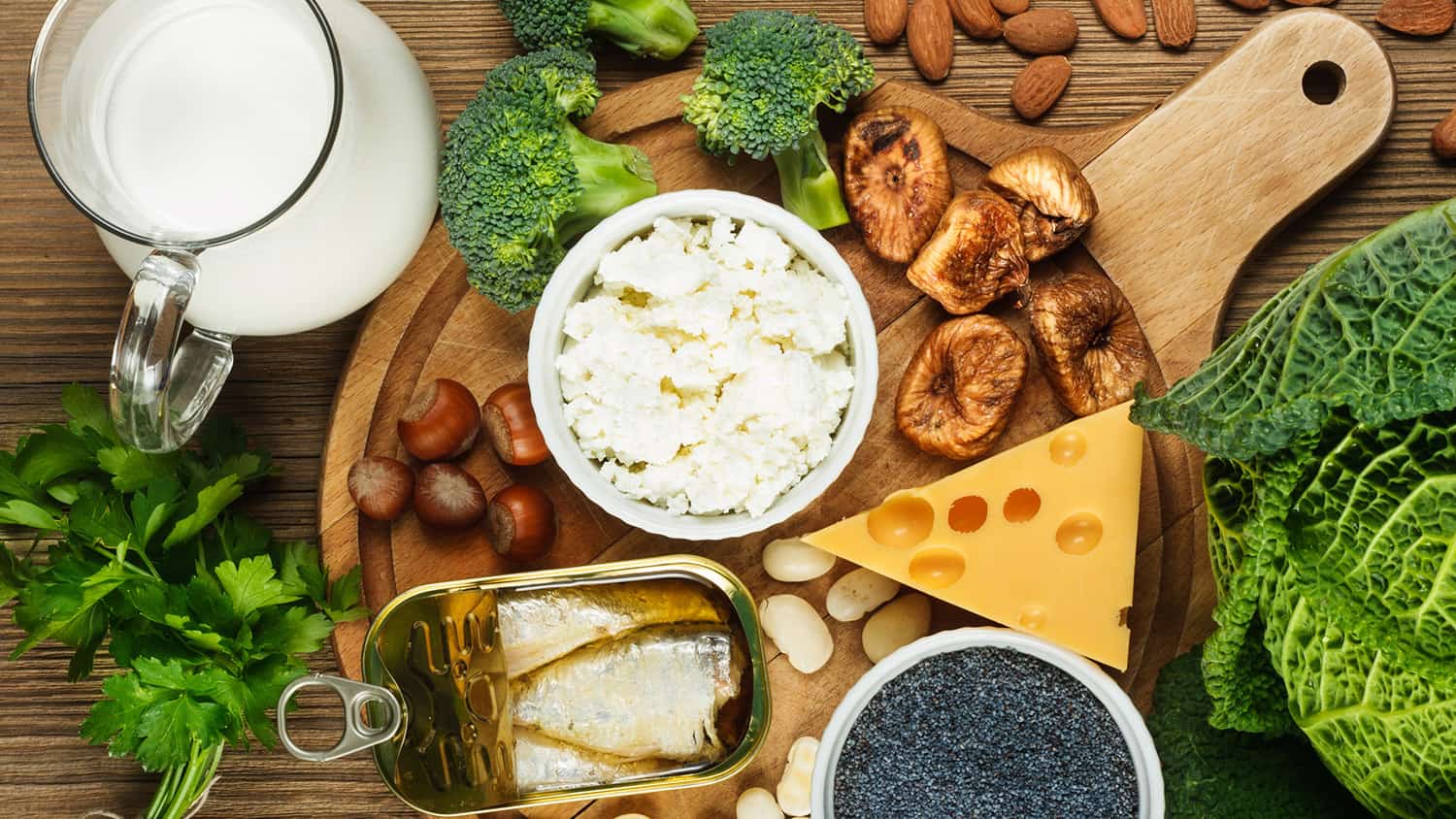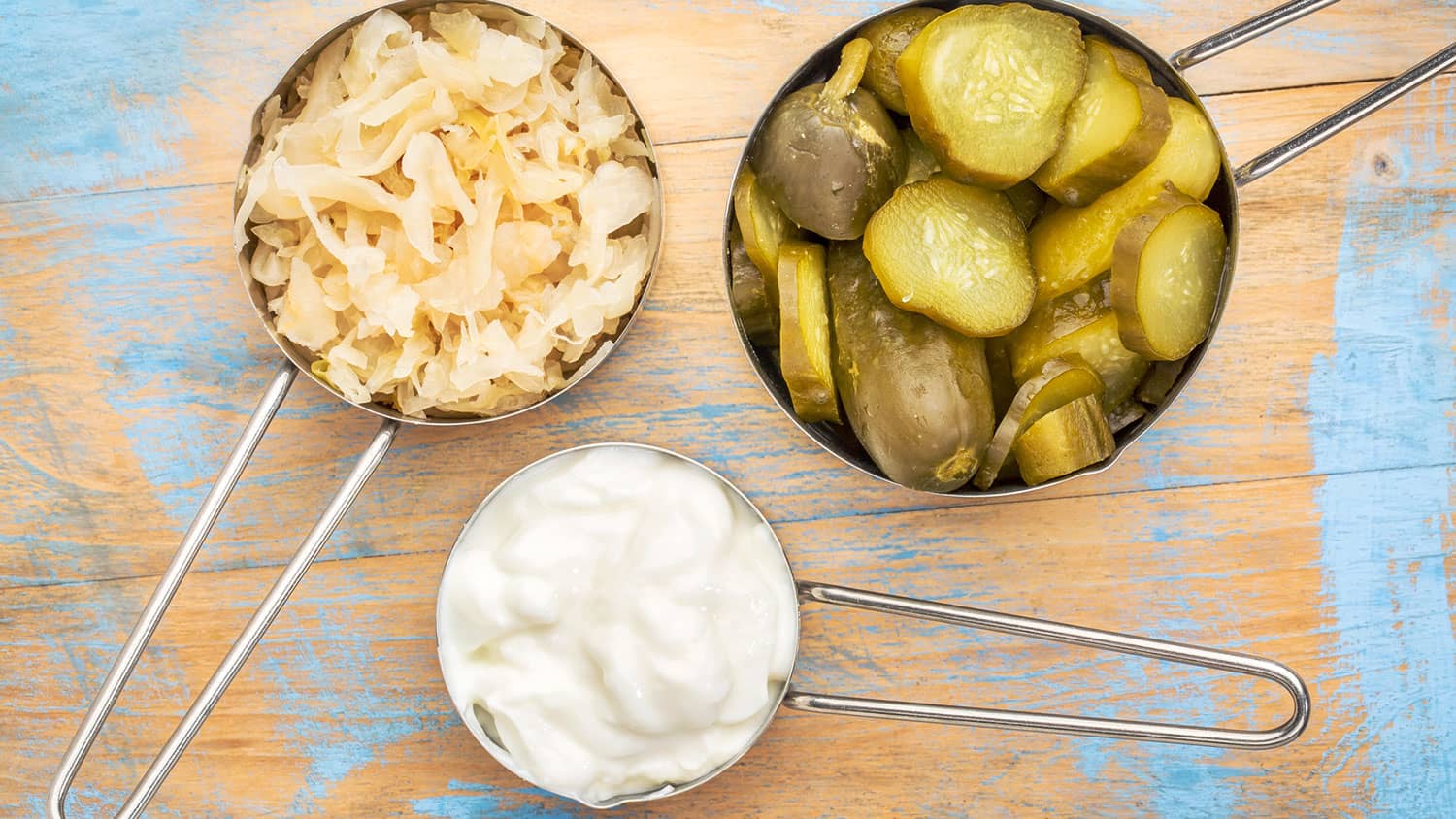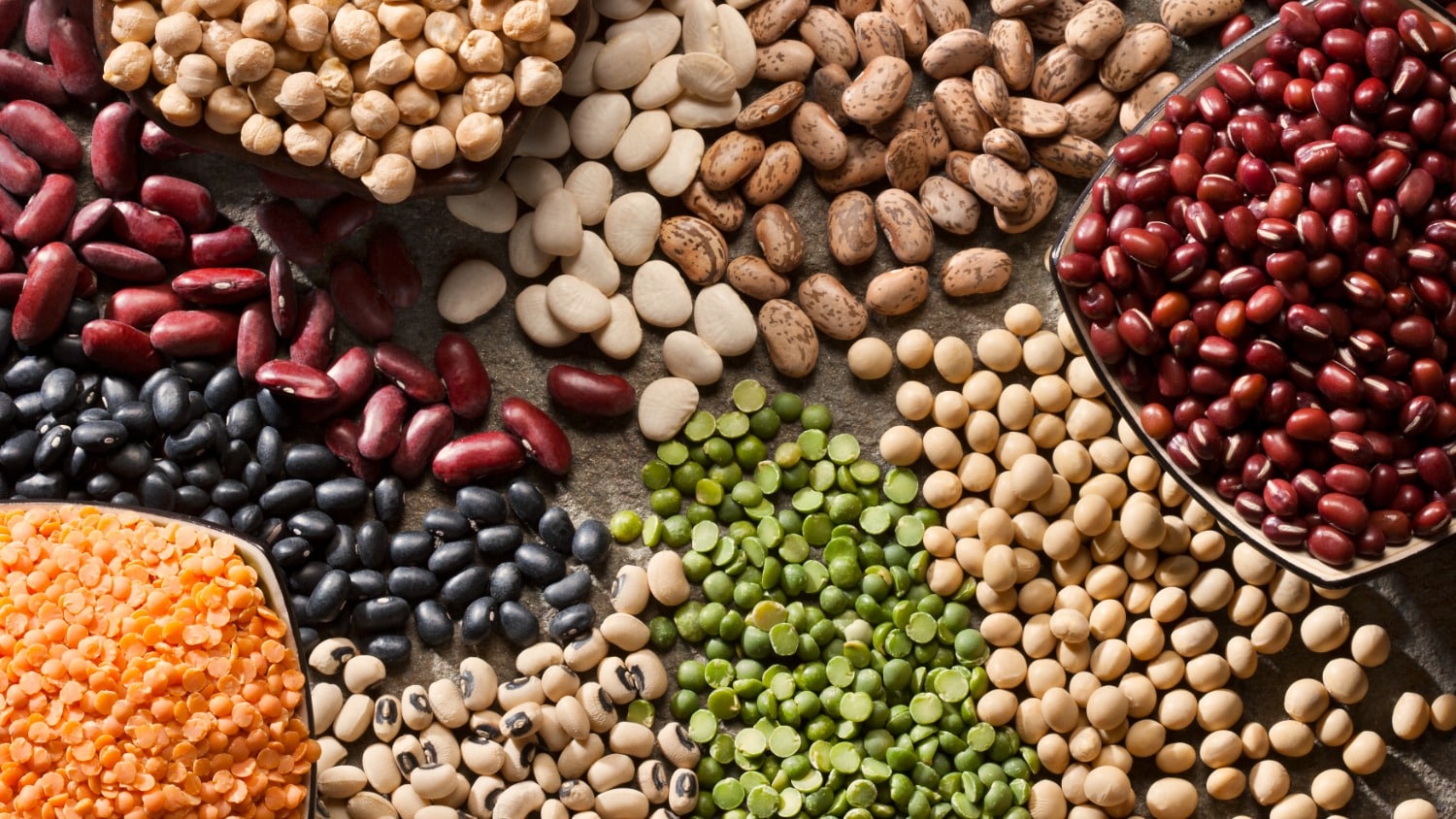
You Need More Than Calcium Supplements for Healthy Bones
As a child, I was always told I needed calcium for strong bones. So, I drank lots of milk and made sure to eat foods rich in this mineral. As an adult, I took calcium supplements. I figured I was doing what I was supposed to be doing from a nutritional standpoint in order to protect my bones.
What I learned later as I matured in age, is that while calcium is an important mineral for good bone health, it can’t do this job alone. It turns out that, like a lot of things in life, protecting our bones and warding off osteoporosis can best be described as a mineral “team sport.”
In addition to calcium, other players include trace minerals such as zinc, copper, manganese and magnesium. Not having enough of these other minerals may accelerate bone loss after women go through menopause and as people continue to age. That got my attention!
Let’s take a look at some of these other must-have minerals that may not be on your radar for good bone health.
Of course, everyone’s body is different, so please talk with your doctor before making any changes to your diet or using any supplements. Only they can tell you what is right for you!
Zinc and Copper
Zinc and Copper work together to protect our bones and minimize our risk of developing osteoporosis – especially after menopause. They need to be in balance to work best, so it’s important to make sure you check your zinc and copper levels regularly.
This is especially important with zinc since the quantity of zinc in our bones declines with age and especially after menopause (and if you smoke, you are decreasing your zinc levels even more).
Zinc helps keep our bones healthy by supporting bone growth. Without enough of it, our bones can’t maintain themselves. Zinc literally helps hold our bones together by providing the matrix on which calcium is deposited during bone formation.
A good analogy is when you help your grandchildren make sculptures by putting plaster on a wire mesh mold. Imagine trying to do this without enough mesh or with no mesh at all. That’s what happens in our bones without enough zinc.
It’s also necessary for good bone healing and for old bone re-absorption by our bodies, so that there is room for new, stronger bone to form.
If zinc helps create the matrix on which new bone is formed, copper helps ensure that the calcium deposited on this matrix stays put to keep bones strong.
Also, it is critical to the formation of flexible, strong and resilient connective tissue in your bones. This flexibility and resilience is what helps your bones bend instead of break, which can frequently happen if you suffer from osteoporosis.
Copper also helps other important bone minerals do their jobs better. For example, it interacts with zinc and manganese to create an antioxidant that protects your bones and helps maintain their strength and integrity. It also helps make sure that your bones get enough oxygen, which is critical for overall bone health.
You don’t need a lot of zinc and copper (about 8 mg and 900 mcg per day, respectively), and the good news is that you can readily get them from foods you probably already have on your shopping list. For zinc, these include Brazil nuts, oats, peanuts and split peas; for copper, you may eat buckwheat, peanut butter and vegetable oils.
Manganese and Magnesium
While manganese and magnesium sound a lot alike, they play very different roles in bone health and preventing osteoporosis.
Manganese is a hard, brittle, silvery metal, and it’s the fifth most abundant metal in the Earth’s crust. It is also an important mineral to have in your osteoporosis prevention and treatment arsenal since it plays a role in bone formation.
Recent studies have shown that manganese, when taken with calcium, zinc and copper, may lessen spinal bone loss in some postmenopausal women. Lack of manganese can also have a negative impact on cartilage growth and repair. Cartilage is a connective tissue found in many areas of your body including your knees, ankles and elbows.
Magnesium is one of the major minerals in your body, and it plays an important role in helping remove old bone cells and creating new ones. It makes up only about 1 percent of your bones’ mineral content even though most of your body’s magnesium is stored in your bones.
This mineral, together with copper, helps your bones better absorb calcium. If you don’t get enough magnesium, your bone density may decrease, and your bones may become more brittle and prone to fractures.
As with the other minerals your bones need to stay healthy, you don’t need a lot of manganese and magnesium. For manganese, women need about 1.8 mg a day, and for magnesium, if you’re over 51 years of age, you need 320 mg daily.
Foods that contain manganese are nuts and seeds, green leafy vegetables, tea, wheat germ and whole grains (including unrefined cereals, buckwheat, bulgur wheat and oats), legumes and pineapples. You can find magnesium in leafy green vegetables (like spinach), legumes, nuts, seeds and whole grains.
Test, Don’t Guess!
It’s important to not only make sure your body is getting enough calcium, zinc, copper, manganese and magnesium but also that these minerals are in the correct balance. This is necessary in order to best protect your bones against osteoporosis or, if you have it, slowing down the negative effects of the condition.
The best way to do this is talk with your doctor or healthcare provider about getting nutrition testing that includes these key bone minerals.
All this information about the role various minerals play in keeping my bones strong was eye-opening. Now, I do not focus on just calcium. I also know that I can make some easy dietary changes to increase my chances of preventing osteoporosis. And if I do get osteoporosis in the future, I may be able to minimize its progression.
Have you made any dietary changes to prevent or treat osteoporosis? What steps have you taken with dietary changes to promote bone health? Have they been working? Tell us about it. Please join the conversation.
Tags Healthy Eating






